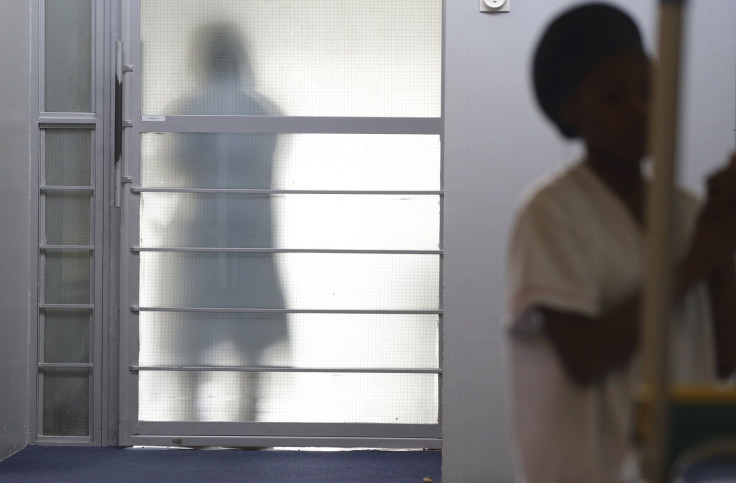Euthanasia: Bill to legalise right-to-die may come before NSW parliament by late 2017

A bill to allow terminally ill patients to legally end their lives in New South Wales could come before the parliament before the end of the year. The legislation, being drafted by a cross-party working group, could be introduced to the state parliament in late 2017.
The bill is expected to be released for consideration into the NSW Upper House in the second half of 2017. Members of Parliament from the major parties will have an opportunity to give a conscience vote on the matter.
The working group finalising the legislation constitutes of Nationals MLC Trevor Khan, Greens MLC Mehreen Faruqi, Labor MLC Lynda Voltz, Liberal MP Lee Evans and independent MP Alex Greenwich. In a statement, the group described the need for a law reform when it comes to assisted dying is “necessary.” The group said, “The prolonging of pain, suffering, and distress, for both the terminally ill and their families, is not necessary; the fundamental principle behind the call for legislating to allow for assisted dying is to provide dignity to people who wish to pass peacefully and on their own terms.”
Nevertheless, the bill is already facing resistance from members including Premier Mike Baird and Opposition Leader Luke Foley. They say they would be voting against the bill if it progresses to the lower house.
“While I fully acknowledge the sincerity of those who support change, and the terrible pain that is suffered by many terminally ill people and their carers, I myself will not support any change to the law,” Braid said. Meanwhile, Foley said he was concerned “about the message it sends to a society where some old and frail people feel that they are too much of a burden on their loved ones, that they have to end it all.”
According to Fairfax Media, euthanasia will only apply to people suffering from a terminal illness. Additionally, those below the age of 18 will be excluded from the provision. The right to die will require the agreement of two doctors and the patient will need to be capable and of sound mind. The request to end one’s life will have to come from the patient three times – including a formal written request.
In a statement, the Australian Medical Association Position Statement on Euthanasia and Physician Assisted Suicide 2016 said, “If governments decide that laws should be changed to allow for the practice of euthanasia and/or physician assisted suicide, the medical profession must be involved in the development of relevant legislation, regulations and guidelines.” A draft of the legislation could be released for public consultation in February.






